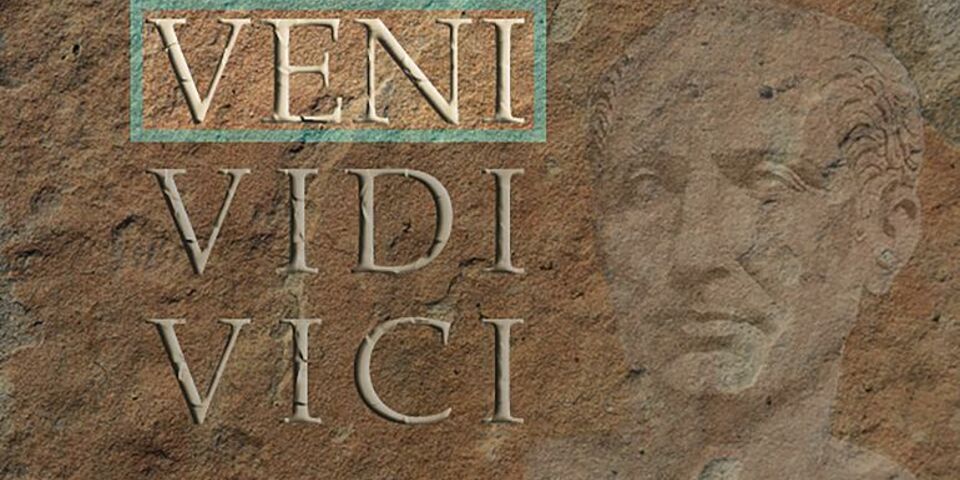TU/e secures four Venis
Researchers Joachim Arts, Marcos Guimarães, Danqing Liu and Hanneke Gelderblom have all received a Veni grant, which they plan to use to conduct research at TU/e. In sums up to 250,000 euros, The Netherlands Organisation for Scientific Research (NWO) has awarded a Veni grant to 158 researchers who have recently received their doctorate. This funding enables promising young scientists to continue developing their ideas over a three-year period.
Joachim Arts, Assistant Professor at Operations, Planning, Accounting and Control (IE&IS), is receiving the grant for his research ‘Learning from degradation data: When to shut down public services’. A description of his research reads as follows: ‘Unexpected failures of MRI-scanners, aircraft and other capital assets are unsafe and expensive. Data about failures is therefore rare, but sensors are increasingly gathering real-time degradation data. These data are used to optimize maintenance and support for each system individually so that safety and cost performance improve.’
Marcos Guimarães is using the funding to collaborate with other researchers to study how a new class of nanomaterials can push forward the development of certain magneto-electronic devices. Electronic devices that use magnetic properties are present in key elements inside computers. Think, for example, of hard-disk drives. A new generation of these devices promises faster computers with lower power consumption. Guimarães is not yet working at TU/e but will be transferring to the Physics of Nanostructures group.
Danqing Liu, postdoc at Functional Organic Materials and Devices (ST), will use the Veni to fund the study ‘Communicating polymers towards haptics and soft robotics’. The research proposal envisages the development of ‘communicating polymers'. 'Smart' polymer surfaces deform locally in response to an electrical or light pulse and this can be detected by human fingers. Conversely, a deformation caused by fingers can be detected by the polymer coating. This enables the transfer of information from machines to humans and vice versa.
Hanneke Gelderblom, as yet attached to the University of Twente, will be using the Veni to study the evaporation of droplets of ‘living liquids’ at Turbulence and Vortex Dynamics at TU/e's Department of Applied Physics. When a droplet containing tiny particles evaporates intriguing patterns form in the remaining stain, such as the familiar coffee ring. What happens to these patterns if the particles are living? The researchers will investigate this stain formation of living bacteria in evaporating droplets, and develop methods to control the bacteria deposition.
With the 158 Veni grants, NWO is making a total investment of 39.5 million euros.


Discussion